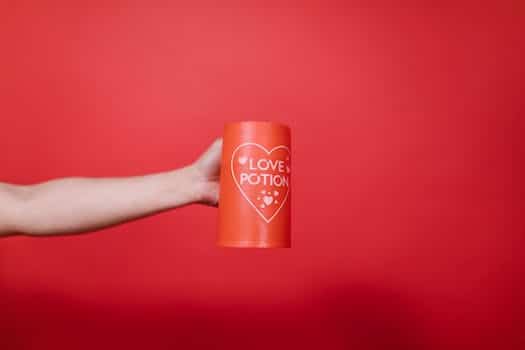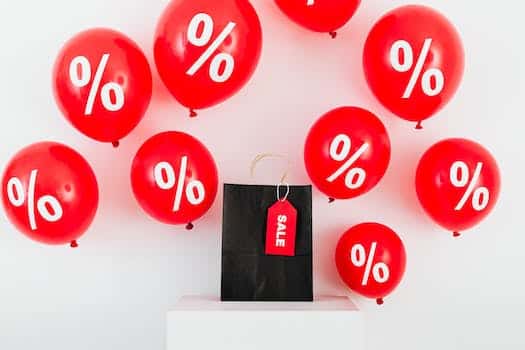As the world becomes increasingly conscious of the impact of our actions on the environment, businesses are turning to upcycling as a sustainable solution. Upcycling is the process of transforming waste materials or unwanted products into new and usable items of higher value. It’s not just a creative way to repurpose old items, but it also helps reduce waste and pollution. Upcycling is fast becoming the new buzzword in sustainable business practices.
Upcycling has many benefits for businesses, including reducing waste and cutting down on production costs. By using waste materials or unwanted products, businesses can create new products with a lower carbon footprint. This process also promotes a circular economy, where resources are used more efficiently, and waste is minimized.
One area where upcycling is gaining popularity is in the creation of sustainable souvenirs. Souvenirs are a great way to commemorate a trip or experience, but they often end up as clutter or waste. By upcycling materials such as maps, postcards, and even old clothing, businesses can create unique and sustainable souvenirs that customers will love.
Here are some sustainable souvenir ideas:
- Coasters made from old maps or postcards
- Tote bags made from recycled fabric or old clothing
- Picture frames made from reclaimed wood
- Candles made from recycled wax
Another area where upcycling is gaining traction is in the fashion industry. The fashion industry is notorious for being one of the most polluting industries globally, and upcycling provides a sustainable solution. By using unwanted textiles or old clothing, businesses can create new and unique fashion items that are eco-friendly.
Here are some sustainable shopping guides:
- Buy clothing made from sustainable fabrics such as organic cotton or bamboo
- Shop at thrift stores or consignment shops
- Support businesses that use upcycled materials
- Invest in high-quality, long-lasting clothing items
Upcycling is not just a trendy buzzword; it’s a sustainable solution that businesses can adopt to reduce their impact on the environment. By upcycling waste materials, businesses can create new and unique products that are more sustainable and eco-friendly. With the rise of conscious consumerism, upcycling is fast becoming a new standard in sustainable business practices.





